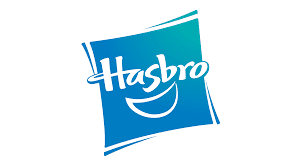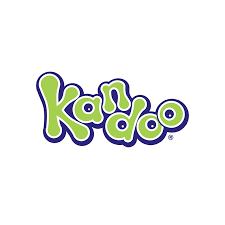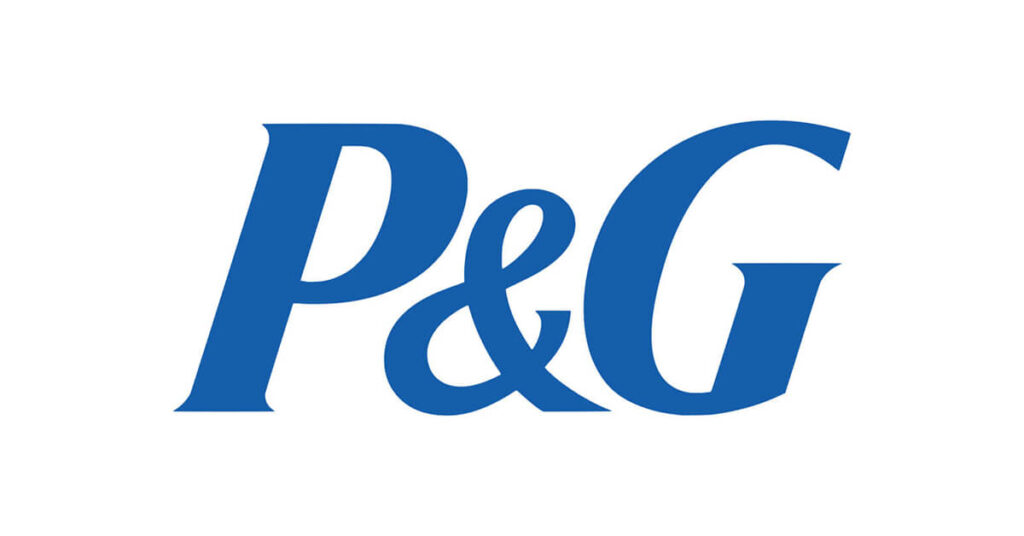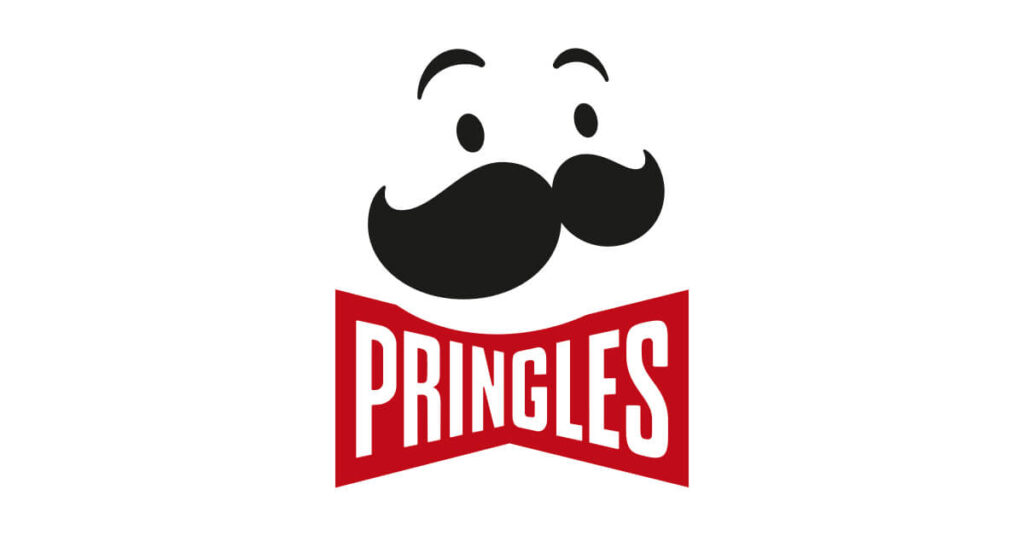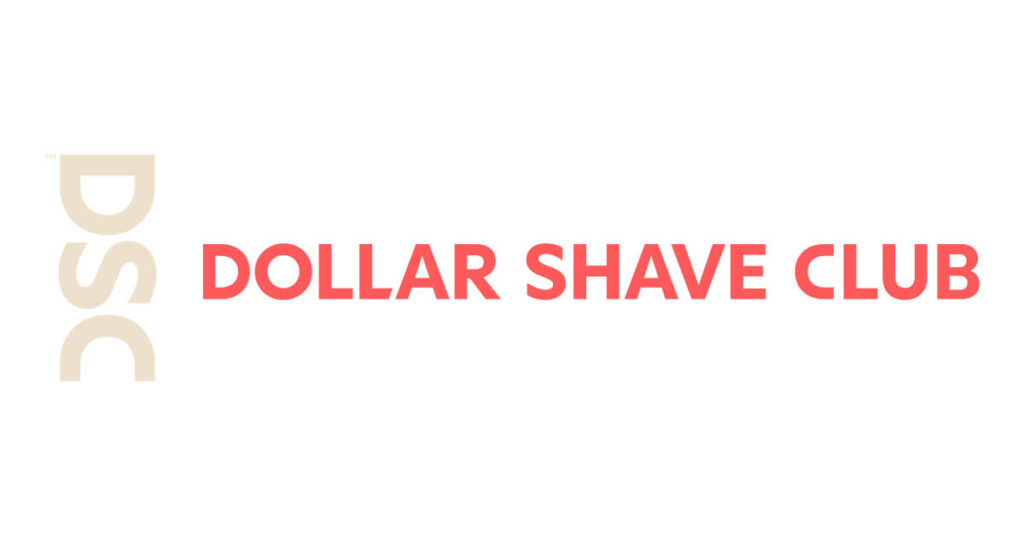CLARITY research & strategy serves B2C & B2B companies

CLARITY research & strategy serves B2C & B2B companies

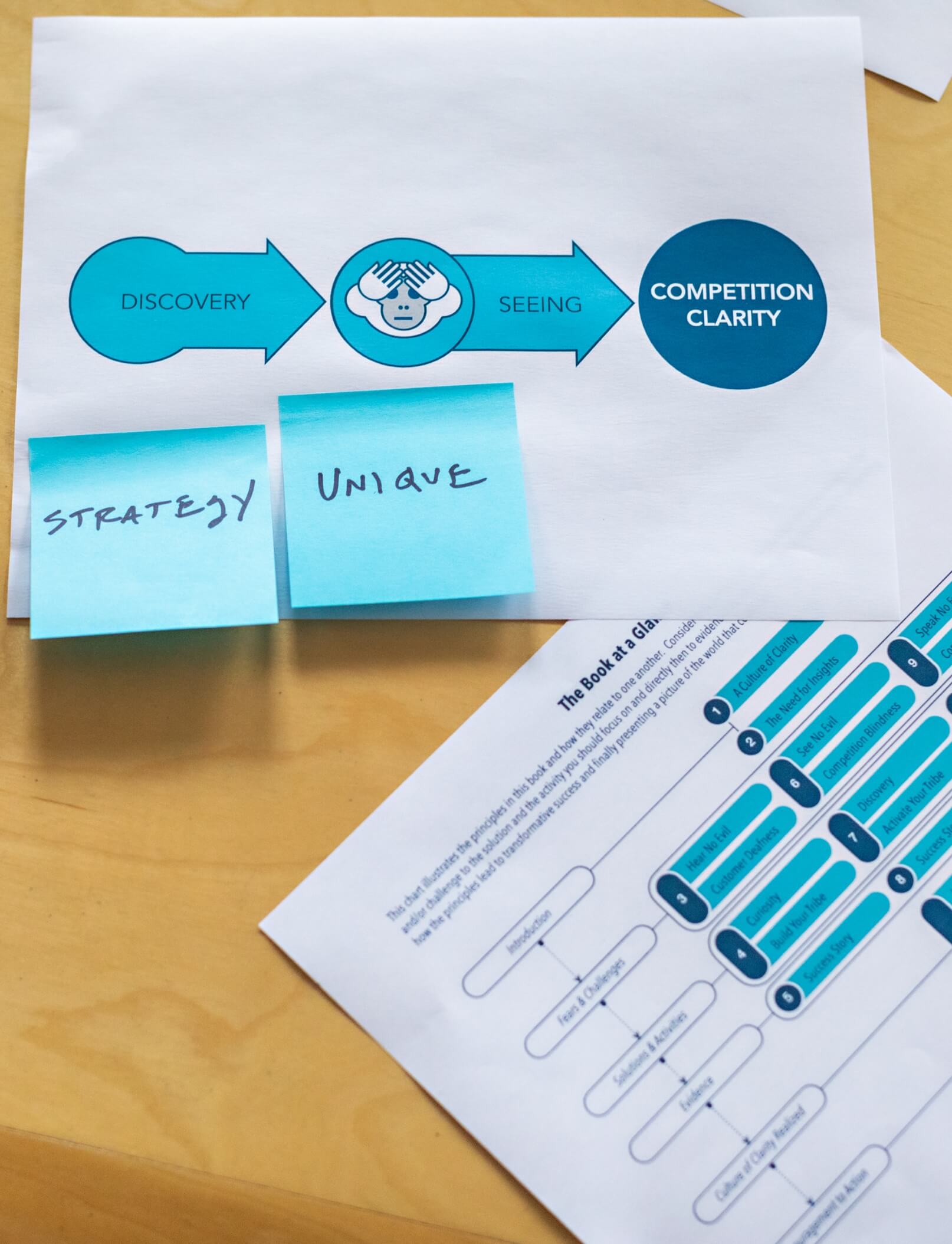
Industry Insights
and Client Focus
Industry insights are critical for client focus, just as expertise is essential for optimal client service. Sure, we can conduct research, deliver insights, and develop marketing strategies for just about any industry, but we have built our knowledge, understanding, and credibility in a few key areas, and that lends extra value and confidence to every client project. It gives us a stronger context and a bigger head start when we set out to help our clients deliver with impact.
B2C Firms
Consumer Products Manufacturers and Service Providers
CPG and consumer durables manufacturers rely on consumer and shopper insights to guide their choices across every stage of the product lifecycle. There’s just too much at stake to guess what they want and need, or how they buy. Today’s consumers waste no time reporting on their experiences and rely heavily on reviews to help them select providers of the services they use. Enhancing the experience and avoiding surprises depends on understanding various elements. Much of the same focus applies to our work with consumer service providers as well.


B2B Firms
Business Products Manufacturers and Service Providers
From strategic planning to lead generation to customer experience, B2B firms depend heavily on research and insights to inform their investments, activities, and communications. Our frequent focus on customers does not stop us from serving B2B clients with essential insights for foundational impact.
CLARITY is an absolute best-in-class research ally. In addition to incredible depth of expertise and experience in the field, CLARITY goes above and beyond to deliver outstanding insights and results that create the foundation for game-changing strategies and campaigns. CLARITY are insightful strategic thinkers and provide outstanding input that makes the deliverables resulting from their findings and insights better and more impactful. Working with CLARITY is a joy – they are flexible, responsive, and go above and beyond the call of duty to ensure projects go smoothly and are delivered on tight and often rapidly shifting timelines.
CLARITY are those rare professionals who not only do an excellent job for their clients, but at a more than reasonable cost; they put their heart and passion into helping their clients achieve their goals. We depend on CLARITY’s expertise, insights, and creativity to handle our market research and strategy needs. They have been more helpful to us than they may realize. It is an absolute pleasure to know CLARITY and to do business with the firm. I highly recommend CLARITY.
And that’s just the beginning. CLARITY is passionate about their work. They approach everything professionally, but with an energy that creates excitement for every project. They understand the needs of the client and can easily translate business requirements into strategic designs and solutions. CLARITY is highly respected by colleagues, clients . . . anyone that works with them. I would recommend CLARITY any day!
These Brands Have CLARITY
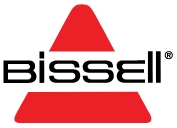
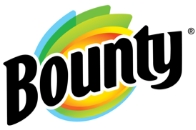
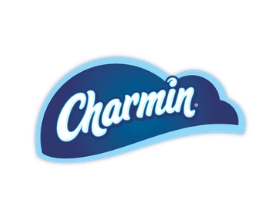

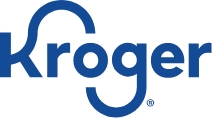





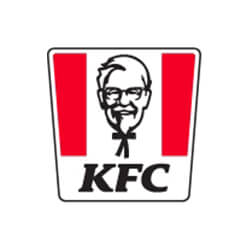



CLARITY Helps Its Clients Gain Clarity About Their Customers, Their Competition, And Their Brand.
CLARITY Converts Curiosity To Clarity.
Get in touch today to establish your relationship with CLARITY.

